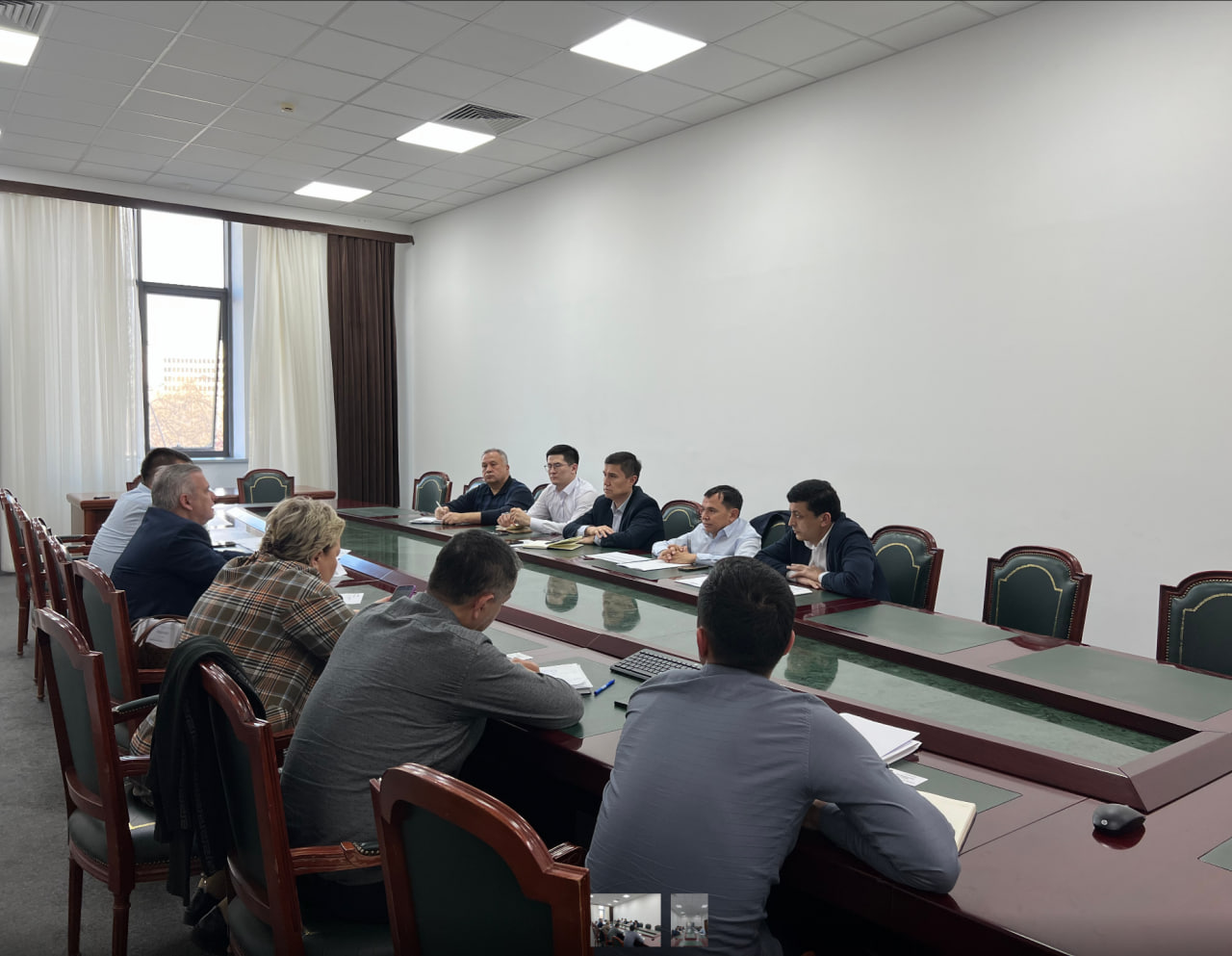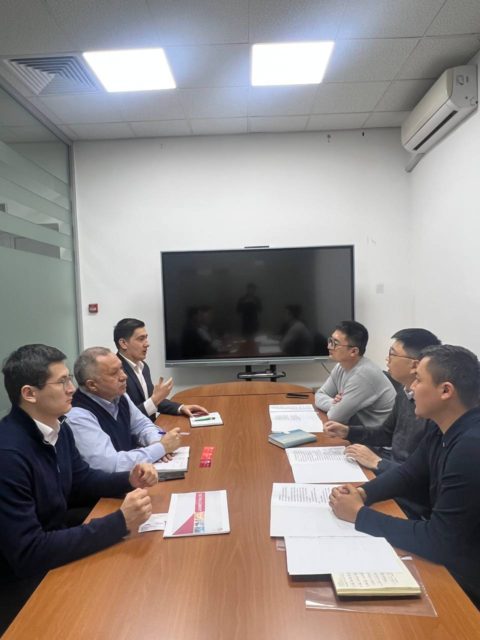The eighth round of negotiations on the draft Agreement on expanded partnership and cooperation between Uzbekistan and the EU was held
June 28-30 this year. In Tashkent, representatives of Uzbekistan and the European Union, within the framework of the working group on trade issues, held the eighth round of negotiations on a draft new bilateral Agreement on Enhanced Partnership and Cooperation (EPCA). Recall that the previous round of negotiations on the EPCS between the parties took place in February this year in the format of a video conference.
The Uzbek part of the working group was headed by Deputy Minister of Investment and Foreign Trade B. Abidov, EU – Acting Head of the Department for the Middle East, Turkey, Russia, and Central Asia of the Directorate-General for Trade of the European Commission Timo Hammarin.
Heads and specialists of various ministries and departments of the Republic, as well as institutions of the European Union also attended the negotiations.
The issues discussed were primarily aimed at strengthening bilateral cooperation. They also dwelt on aspects of the overall improvement of investments and the business environment. The improvement of trade and economic relations between Uzbekistan and the EU after the country received the status of a beneficiary country of the Generalized System of Preferences (GSP +) was especially noted.
Discussion of this agreement began in 2019. To date, 7 rounds of negotiations have been held. The EPCS complements the current Agreement on Partnership and Cooperation between Uzbekistan and the EU, signed in 1996 in Florence (Italy).
We add that the EPCA is intended to give a new impetus to bilateral political, trade, economic and cultural relations with the EU. The EPC will undoubtedly become one of the important tools for building up mutually beneficial cooperation with the EU, including by attracting European investments, as well as the EU’s experience in such areas as intellectual property, trade, and sustainable development, technical, sanitary, and phytosanitary regulation and other areas.
Другие новости и события
Any use (reproduction, publication, copying, reprinting, distribution, translation, broadcasting, processing and other methods of distribution) of the materials of the Investment Portal - Invest.gov.uz, without indicating the original source and a link to the Portal is strictly prohibited!








